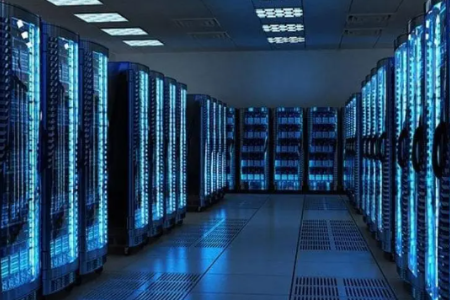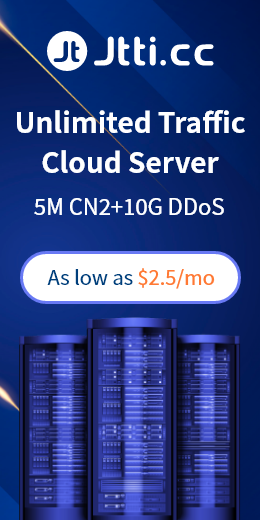Bare metal servers and cloud servers are currently the two major choices for major enterprises to build their own websites, and they have the same advantages in terms of management automation, flexibility, and one-click installation. However, there are also differences between bare metal servers and cloud servers. What is the difference between bare metal servers and cloud servers?
Bare metal server is a flexible and scalable high-performance computing service. It not only has the same computing performance as traditional physical servers, but also has the characteristics of security, isolation and reliability. It can also be obtained as conveniently and quickly as a cloud server, and is compatible with VPC networks and classic networks, etc.

The second difference between bare metal servers and cloud servers is stability. Bare-metal servers have powerful computing performance and have the heart of a physical machine. Users can monopolize computing resources without virtualization loss. It integrates traditional leasing, high elasticity of cloud resources, and stability of hosting services to achieve more secure, reliable, and automated operations. It does not need to share the CPU, and the customer has exclusive resources, and it also has a hard disk backup function.
For users who have strict requirements on core database security and isolation, due to the integration of the independence and high physical isolation of physical servers, as well as the flexibility of cloud servers, self-management is more beneficial, and bare metal servers are often rented.

 EN
EN
 CN
CN









